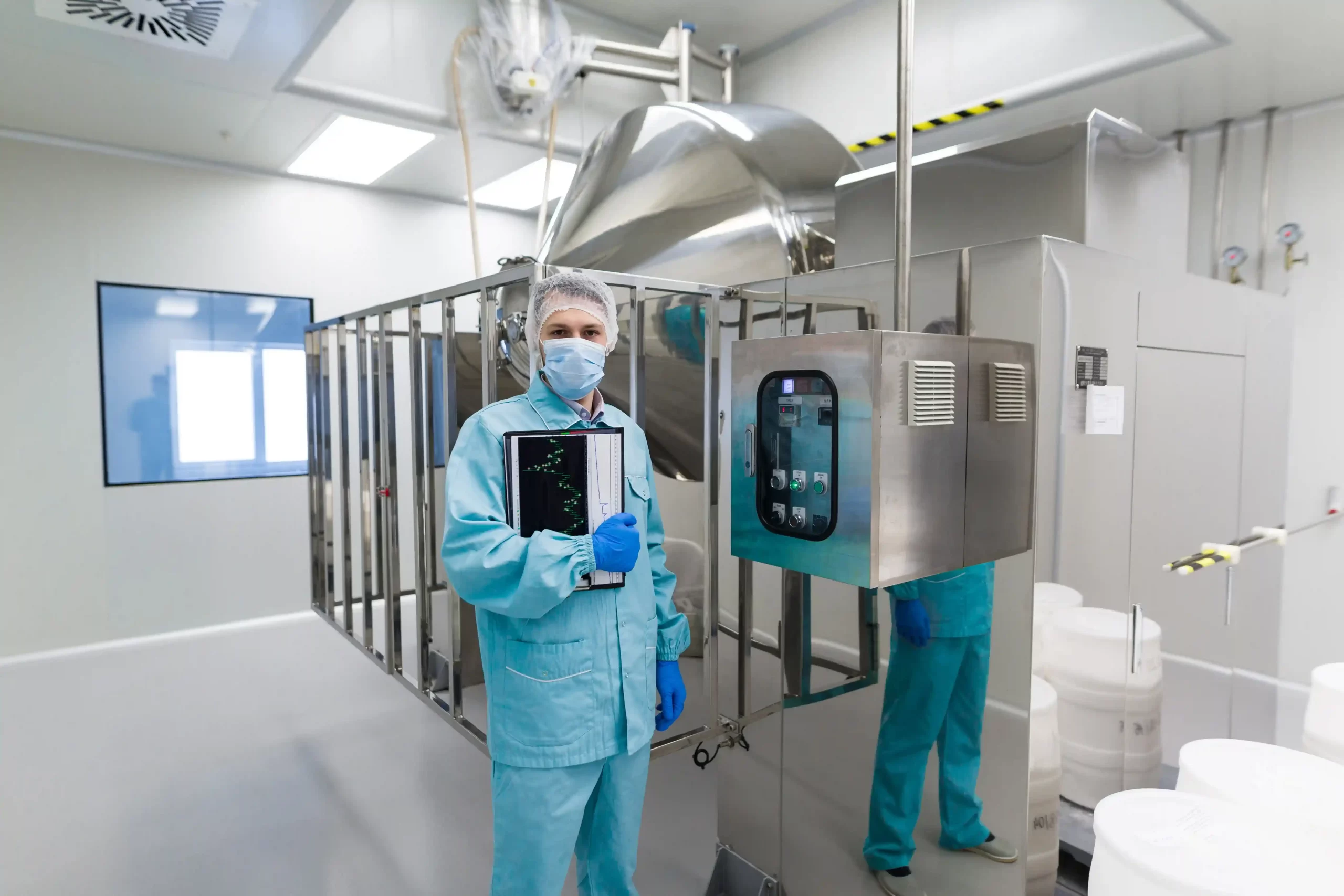Over the past few years, the world has changed in terms of personal hygiene and industrial filtration. Both the consumers and industries are moving towards safer, sustainable and highly efficient solutions. From adopting organic cotton sanitary napkins that prioritize women’s health and eco-friendliness to utilizing CSD depth filters that ensure high-quality liquid purification in critical applications, innovation is transforming both sectors.
This article explores how these two distinct yet equally vital advancements are shaping modern lifestyles and industrial practices, highlighting their design, benefits, and growing market relevance.
Rising Demand for Organic Cotton Sanitary Napkins:
The consumer tastes have changed to safer, skin-friendly and environment-friendly hygiene products. Organic cotton sanitary napkins are gaining popularity because they are free from synthetic chemicals, plastics, and artificial fragrances. Conventional napkins are usually made of chlorine-bleached fibers and superabsorbent polymers that can bring about irritation and health problems in the long run.
Organic alternatives are instead made of pure natural cotton and are more comfortable and reduce allergies and infection on the skin.
Also, these sanitary napkins are sustainable. The worldwide focus on environmentally friendly products has boosted the popularity of biodegradable products, which decreases the amount of landfill waste and increases environmental harmony. Producers are coming up with new designs with better absorbency, breathability and leak protection so that they can be comfortable without undermining the performance.
Increasing health consciousness among the consumers, accompanied by growing government regulations on menstrual hygiene, is stimulating the organic sanitary napkin market to grow substantially. Easy accessibility through e-commerce and educational campaigns have also increased their accessibility, particularly among the younger age groups.
Innovations in Menstrual Hygiene Products:
Advancements in material science and product engineering have revolutionized the organic cotton sanitary napkin market. The manufacturers are currently working on multilayer absorptive cores, breathable materials, and user-friendly design that will result in an improved experience.
Antibacterial finishes are being incorporated by some companies to prevent infections and others are incorporating plant-based packaging to go along with the eco-friendly idea.

Global health organizations also promote the shift to organic options because they have a less chemical exposure and safety. As consumers have become more interested in ingredient transparency, brands feature certifications like GOTS (Global Organic Textile Standard) and OEKO-TEX to support the quality of products.
The emphasis on the balance of health, sustainability, and innovation is what keeps the industry growing at a fast pace.
Introduction to CSD Depth Filters and Their Industrial Applications:
While sanitary napkins focus on personal well-being, CSD depth filters play a critical role in industrial hygiene and product safety. These filters are high performance liquid purification filters, which are usually utilized in the pharmaceutical industry, food and beverage industry, biotechnology and water treatment industries. Depth filters trap particles across their entire depth, allowing them to have better dirt-holding capacity and uniform filtration as compared to surface filters.
CSD depth filters are engineered using advanced materials and layered structures, ensuring precision in removing contaminants, microorganisms, and unwanted particles. They have many applications such as sterility of pharmaceutical raw materials, the clarification of drinks, purification of process water, and the purity of delicate formulations. By ensuring that liquids are not compromised during production, they ensure the safety of the products and regulatory compliance.
The connection between hygiene products and filtration technology:
At first glance, organic cotton sanitary napkins and CSD depth filters appear unrelated. But both are a part of an evolving trend toward safety, health, and sustainability. Filters are also common in the hygiene industry where they are employed during the production process to make sure the constituents of liquids such as adhesives, lotions, and absorbent gels are pure.
High quality filtration systems reduce the risk of contamination, which improves the reliability of the products.
Furthermore, CSD depth filters are essential in producing medical-grade materials used in sanitary products. They are used to clean raw materials and ensure uniform quality, which is in line with the high levels of regulation.
Therefore, the incorporation of high-quality filtration technology facilitates the innovation in the personal care and hygiene products manufacturing.
Market Trends of Organic Cotton Sanitary Napkins and Depth Filtration Market:
The market for organic cotton sanitary napkins is growing steadily, with the global 100% cotton sanitary napkin market valued at approximately USD 3.0 billion in 2024, projected to reach USD 3.1 billion in 2025 and expand to USD 4.0 billion by 2033, representing a CAGR of 3.3% Global Growth Insights.
This is supported by the increased rate of consumer awareness of personal health and sustainability, especially among younger consumers, where more than 68% of women prefer chemical-free and organic menstrual products Global Growth Insights.
Meanwhile, the depth filtration market, which includes critical components like CSD depth filters, is experiencing even faster growth; its global size is projected to rise from USD 2.7 billion in 2024 to approximately USD 4.7 billion by 2030, growing at a robust CAGR of 9.8% due to increasing demand in pharmaceutical, food and beverage, and biotechnology applications Grand View Research.
Such a trend is indicative of how consumers and industries are focusing on safer, superior quality products whether on a personal care or a liquid purification level, and share common values of health, reliability, and innovation.
Future Trends and Market Outlook:
The demand for both organic cotton sanitary napkins and CSD depth filters is projected to grow rapidly over the next decade. Both industries are experiencing increased innovation as a result of rising environmental concerns, consumer awareness and strict quality regulations. In menstrual hygiene, biodegradable, customizable and reusable products will be further developed, and filtration technology will experience improvements regarding high-capacity, energy-efficient solutions.
Also, industries are investing in automation and AI driven quality control to maximize production efficiency. The synergy of the health conscious consumer products and the accurate industrial filtration is based on the similarity of purpose to enhance safety and sustainability around the world.
Conclusion:
The growing adoption of organic cotton sanitary napkins reflects an increasing demand for safer and more sustainable hygiene solutions. Similarly, the widespread use of CSD depth filters highlights the importance of advanced purification technologies across industries. Collectively, these innovations are transforming health, safety and environmental responsibility standards.
With the changing expectations of consumers and the adoption of new technologies in industries, the two sectors are set to experience endless growth in the future where personal care and industrial efficiency come hand in hand.


